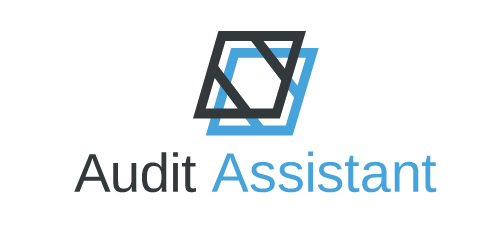The end of the financial year (EOFY) is an important time for not-for-profit organisations (NFPs) to review their financial performance, finalise their financial statements, and prepare for the upcoming year.
While technically NFPs can file their returns at any time throughout the financial year, it is a good idea to use 31 March as a date to prepare. This will give you a solid timeline to tackle any not for profit accounting issues and make your EOFY process as smooth as possible.
Here’s 14 steps on how to approach you or your client’s not-for-profit financial reporting requirements for year-end:
-
Review financial performance:
Understand you or your client’s financial performance for the year, including income, expenses, and cash flow. It is also a good idea to compare actual performance to budgeted performance, identify any variances, and analyse the reasons for the differences.
-
Reconcile accounts:
By reconciling all bank accounts, credit card accounts, and other accounts, this ensures that all transactions you’ve made have been recorded accurately and completely.
-
Review accounts receivable and accounts payable:
Be aware of your accounts receivable and accounts payable by making sure that all outstanding invoices have been paid or recorded, and all outstanding bills have been received and recorded.
-
Prepare financial statements:
There are four key statements that NFPs have to develop each year. These include the statement of financial position (balance sheet), statement of financial performance (income statement), statement of service performance and statement of cash flows. These statements must be accurate and comply with financial reporting and accounting standards.
-
Obtain audit or review:
If you or your organisation is required to obtain an audit or review of its financial statements, it should engage an independent auditor or reviewer to perform the work.
-
File tax returns on time:
File your tax returns and any other required regulatory filings by the appropriate deadlines. Linked here, is an article from IRD on the details of tax return filing.
-
Review and update policies and procedures:
Use this time to review and update any financial policies and procedures. These may include accounting policies, expense reimbursement policies, and internal control policies. Focusing on spotting any existing or potential not for profit accounting issues.
-
Plan for the upcoming year:
To plan for the upcoming year, we encourage NFPs to create a budget and strategic plan, set goals and objectives, and identify risks and opportunities. This provides a solid and continuous framework for the financial management of the Not For Profit organisation.
-
Conduct a risk assessment:
Understand risk exposure and identify any areas of vulnerability, such as fraud, cyber security, or compliance risks.
-
Review donor agreements:
By reviewing donor agreements, you can be sure your organisation is complying with the terms of the agreements and reporting on the use of donated funds, as required.
-
Perform an inventory audit:
If you have inventory, conduct an inventory stock-take to ensure that your records accurately reflect the inventory on hand.
-
Assess employee benefits:
Make sure your employee benefits programs are both competitive and comply with legal requirements.
-
Update constituent information:
Ensure you have up-to-date records by refreshing constituent information, including donor, volunteer, and member data.
-
Conduct a program evaluation:
Evaluate programs to ensure that they are achieving their goals and making a positive impact on your beneficiaries.
By following these steps, NFPs can ensure that they have a clear understanding of their financial performance, are in compliance with regulatory requirements, and are well-prepared for the upcoming year. These steps are essential to the financial management of any Not For Profit organisation.
If you are a not-for-profit organisation or a CA, who needs to know more about you or your client’s financial reporting and audit requirements, click the button below for a free consult to better understand your obligations.




